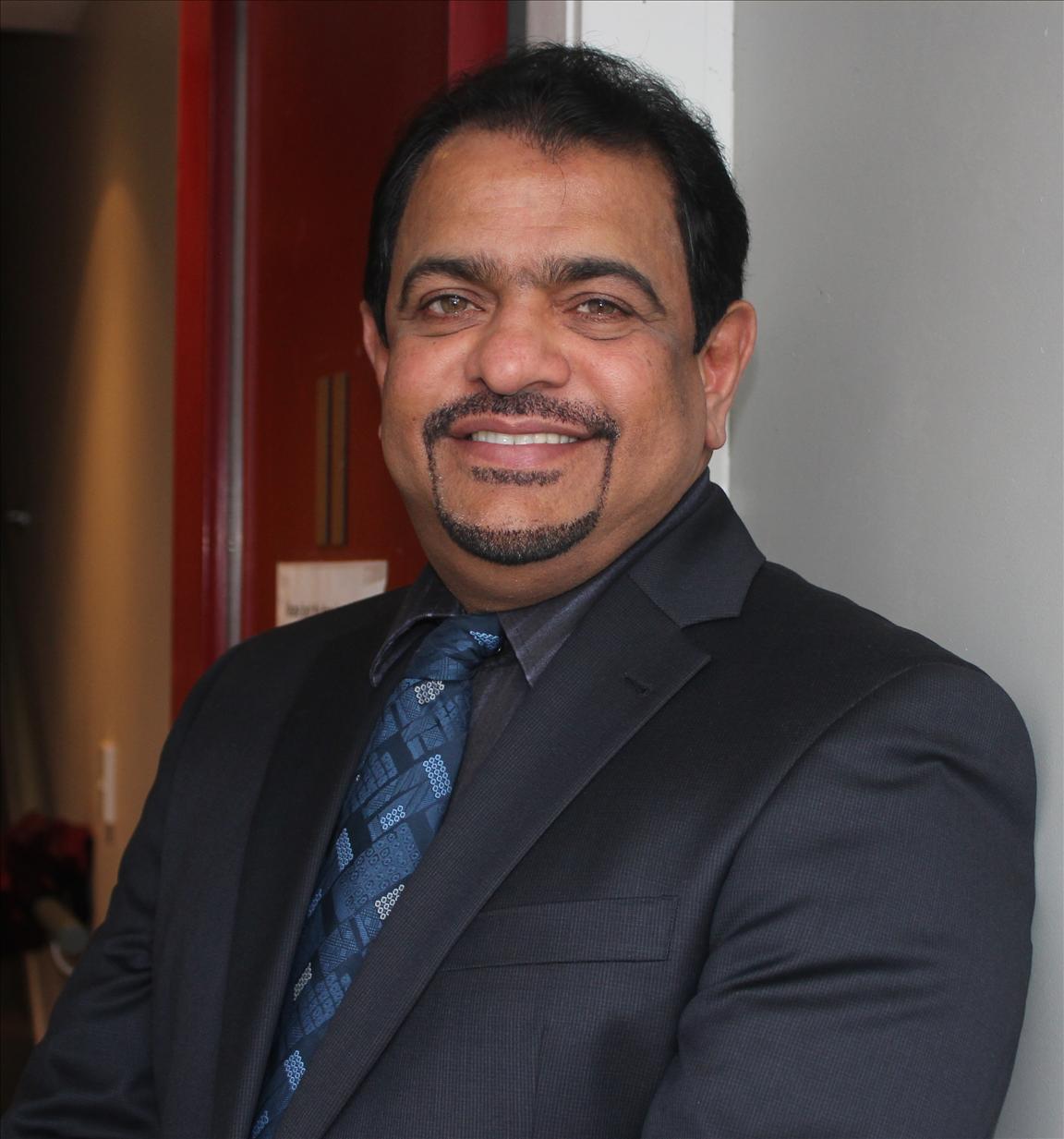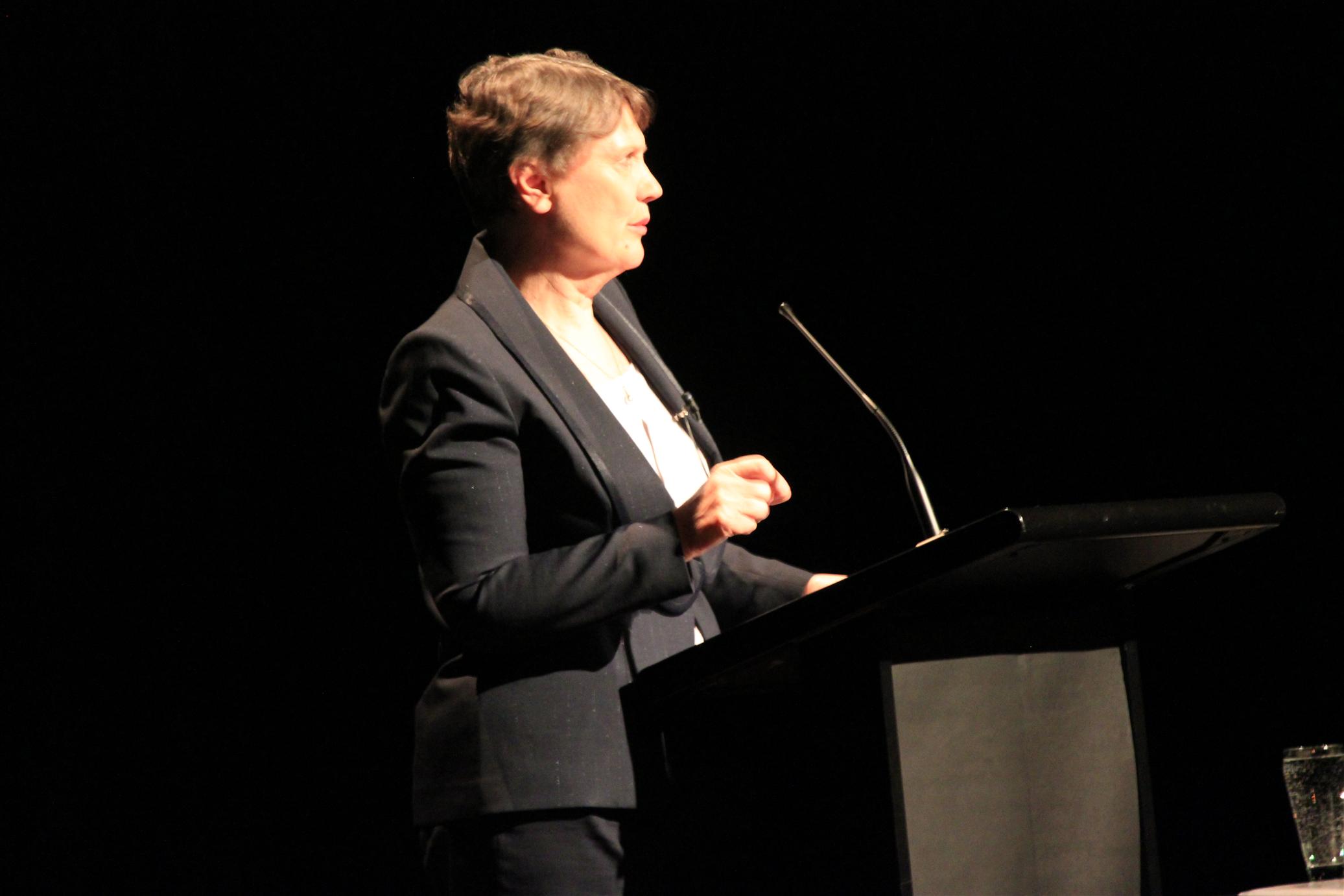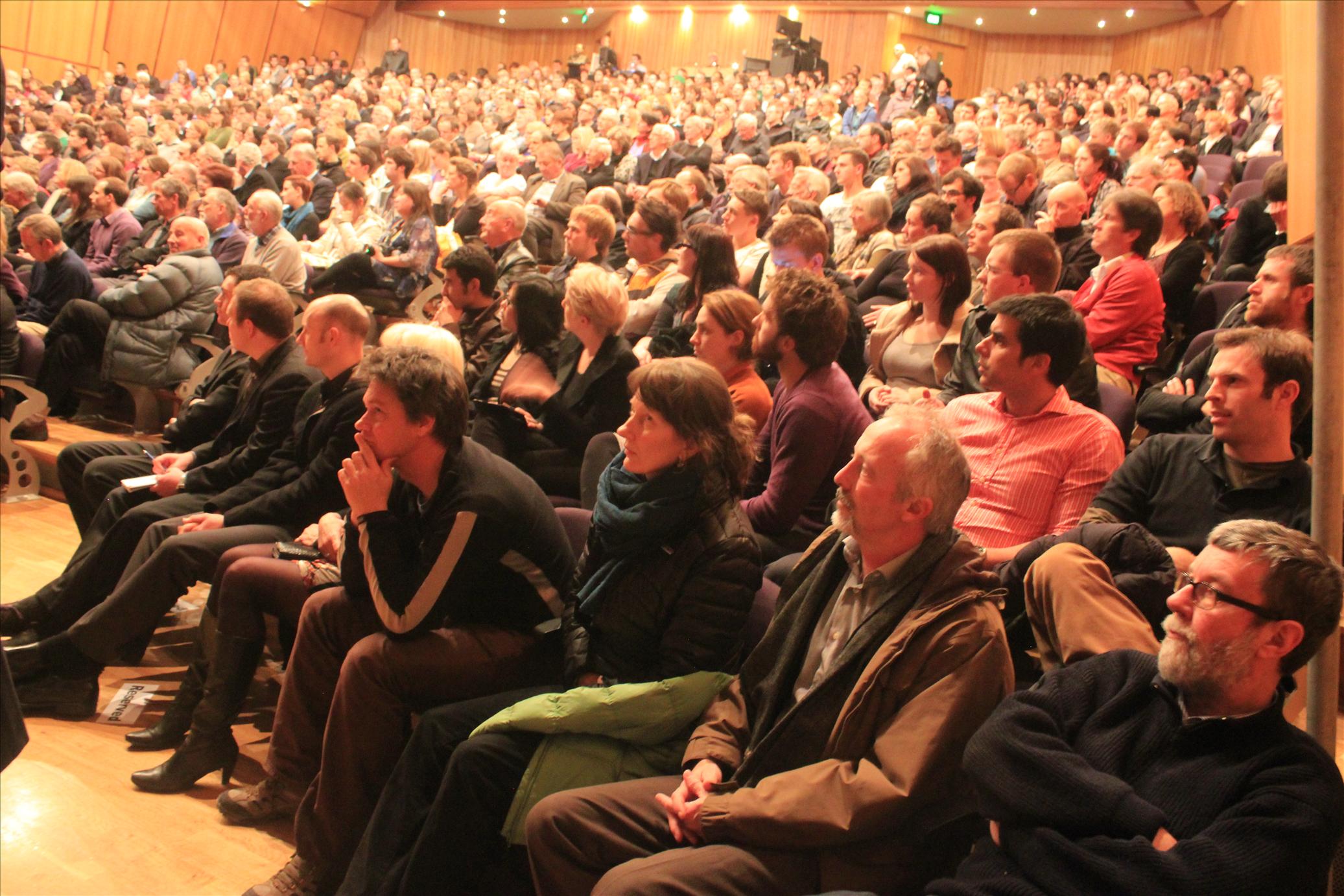 A dollar invested today to reduce the risk of natural disaster can save at least $7 loss resulting from the actual event in the future, United Nations Development Programme (UNDP) Administrator and Former Prime Minister Helen Clark said.
A dollar invested today to reduce the risk of natural disaster can save at least $7 loss resulting from the actual event in the future, United Nations Development Programme (UNDP) Administrator and Former Prime Minister Helen Clark said.
“Disaster risk is growing worldwide but investment in management is negligible. This is a dangerous situation,” she warned, speaking at the annual Professor Hopkins Lecture held at the Christchurch Aurora Centre on August 15, 2012.
The theme of her address was, ‘Building Resilience- the importance of prioritising disaster risk reduction.’
“Many countries are still not investing enough in prevention and preparedness,” she said, quoting a recent report released by the UN and the World Bank on economic losses caused by disasters.
Costly tremors
 According to SwissRe, the global insurance giant, the recent earthquakes in Christchurch have cost the New Zealand economy more than $25 billion, earning the status of being the third most expensive disaster in human history.
According to SwissRe, the global insurance giant, the recent earthquakes in Christchurch have cost the New Zealand economy more than $25 billion, earning the status of being the third most expensive disaster in human history.
Ms Clark summed up the past decade as “a nightmare of natural disasters.”
“The UN Office for Disaster Risk Reduction (UNISDR) estimates that 1.3 million people have been killed and 4.4 billion have been affected by disasters caused by natural hazards in the last 20 years.
“In 2011 alone, almost 30,000 people were killed in 302 disasters and 206 million people were affected, including 106 million by floods, and 60 million by drought, mainly in the Horn of Africa,” she said.
Ms Clark said that the earthquakes in Christchurch and Great East Japan and their flow-on impact remind us that even countries assumed to be well prepared are not immune to the destructive impact of forces of nature.
“Much can be done, and has already been done in many places to reduce that impact by better preparing citizens and communities to withstand the related shocks and disruption.
“Japan and New Zealand have demonstrated over long periods of time that making investments in prevention and preparedness, including civil defence exercises, is a necessary part of systematic efforts to increase resilience to disaster.”
Helpful planning
According to her, while the loss of life and property has been devastating in Christchurch, it would have been much worse if significant investments in resilience had not been made in the past.
The earthquake in Haiti in January 2010 was about the same magnitude as the major February 2011 quake in Christchurch, but the human toll was significantly higher.
“The loss of 185 lives in Christchurch was ‘185 too many.’ Compared to the estimated 220,000 people killed in Haiti in 2010, it becomes evident that the magnitude of the disasters alone does not determine the impact.”
“Many countries are not investing enough in disaster management and in offering appropriate support to poor countries. The result is the persistence of striking inequalities with global disaster risk disproportionately concentrated in poorer countries with weaker governance,” she said.
Universal responsibility
 Ms Clark said that the responsibility for disaster risk management was not confined to disaster managers but is everyone’s concern, from citizens who must be empowered to make decisions to reduce risk to political leaders, government institutions, the private sector, civil society organisations, professional bodies, and scientific and technical institutions.
Ms Clark said that the responsibility for disaster risk management was not confined to disaster managers but is everyone’s concern, from citizens who must be empowered to make decisions to reduce risk to political leaders, government institutions, the private sector, civil society organisations, professional bodies, and scientific and technical institutions.
“The ‘whole-of-society approach’ to disaster risk reduction will become increasingly important as climate change alters hazard patterns. New Zealand has a key role to play in sharing its knowledge and experiences across communities at home, in our region, and at the global level,” she said.
Outlining the psychological impact of natural disasters, she said that recovery is a difficult phase of disaster response.
“Expectations are high and people want things to return to normality quickly. Natural disasters exacerbated inequalities within communities and hence, it is important to ensure broad participation in framing decisions around response and recovery.
“Long-term needs of communities should not be ignored when the emergency phase ends,” she said.
More than 700 people attended the Lecture sponsored by the University of Canterbury and the Christchurch branch of the Institute of Professional Engineers of New Zealand.
Dr George Abraham is our Christchurch Correspondent. The pictures appearing here were taken by him.






